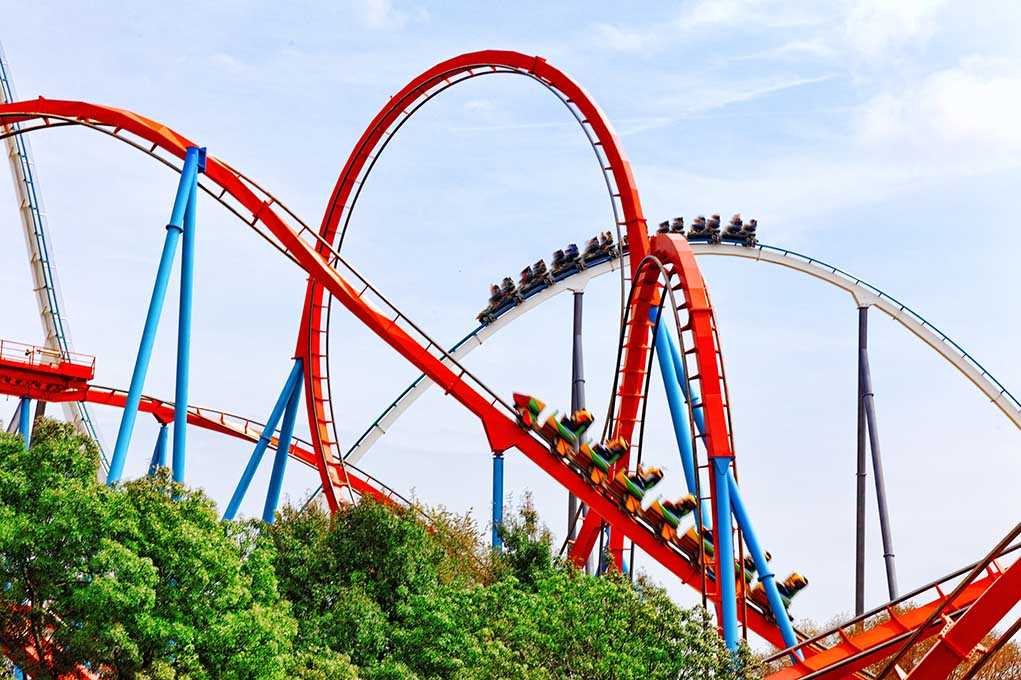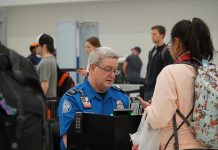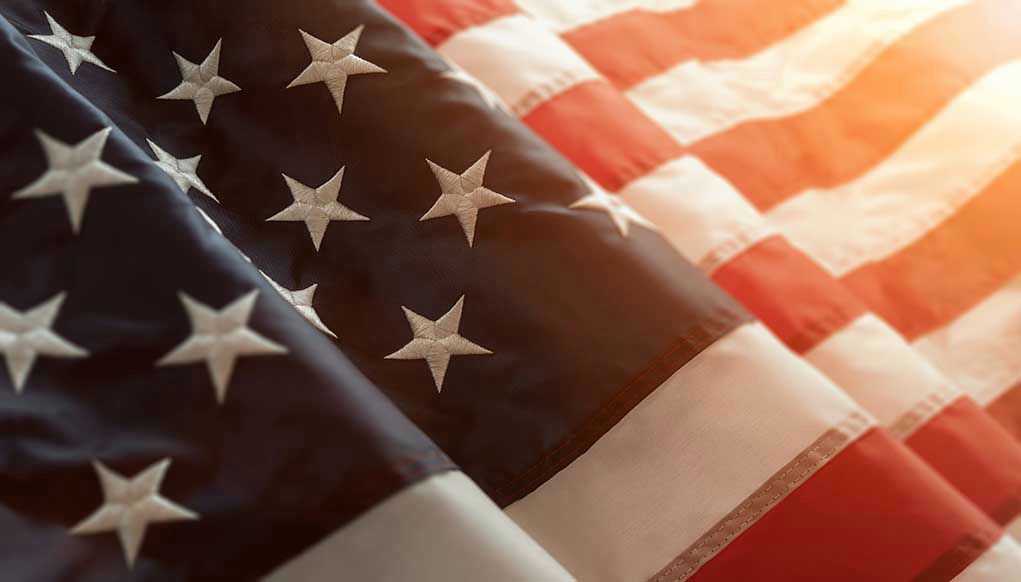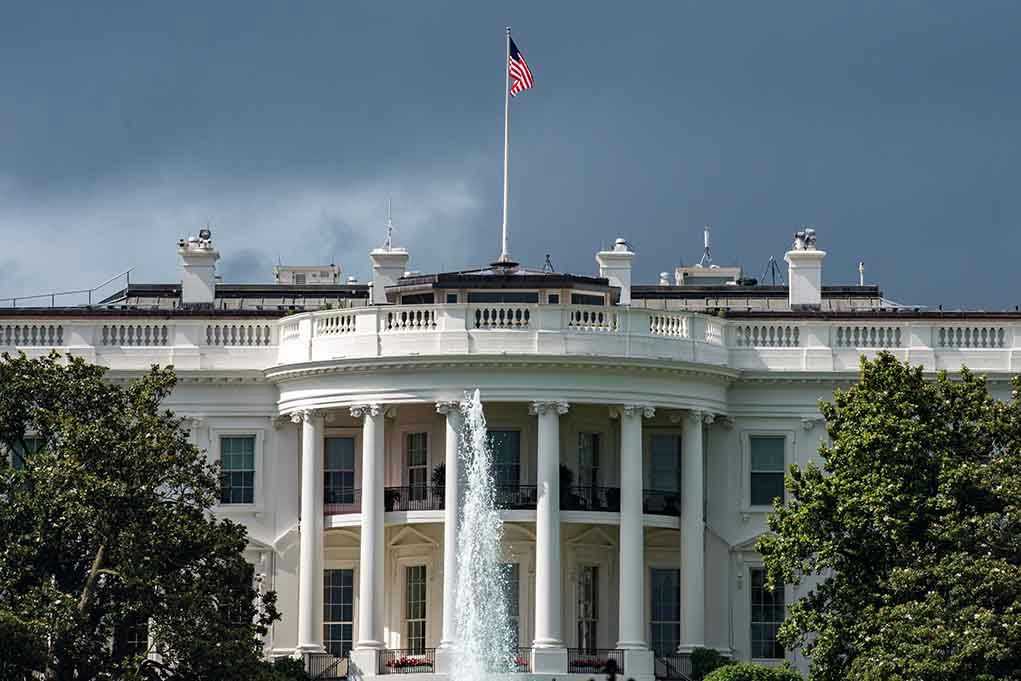
What happens when a theme park’s pride becomes its public relations nightmare—twice in the same year, on the same ride?
Story Snapshot
- A woman sues Universal Orlando, claiming permanent injuries from the Stardust Racers roller coaster at Epic Universe.
- The lawsuit follows the death of a man on the same ride earlier in 2025, intensifying scrutiny on park safety.
- This case could reshape legal precedents and industry regulations for theme park liability in Florida.
- Universal Orlando faces mounting pressure, both from regulators and in the court of public opinion.
Universal Orlando Faces Legal Firestorm After Double Tragedy on Stardust Racers
Universal Orlando’s Epic Universe was designed to showcase the future of theme park thrills. Instead, the park’s signature roller coaster, Stardust Racers, now anchors headlines for all the wrong reasons. A woman’s lawsuit filed in September claims she suffered permanent injuries on the same ride where Kevin Rodriguez Zavala lost his life just months earlier. The stakes for Universal, and the entire industry, have never been higher.
The timeline reads like the script of a disaster Universal never planned to produce. Stardust Racers opened in early 2025 to fanfare and eager crowds. Then, disaster struck: mid-year, Rodriguez Zavala’s death brought the roller coaster’s safety into chilling focus. By September, the woman’s lawsuit accused Universal of failing to address known dangers, setting off legal and regulatory alarms. Not only is the company facing claims of negligence, but the shadow of two major incidents on the same attraction is now impossible to ignore.
Why This Case Could Transform Theme Park Liability
Florida’s theme park industry has weathered its share of lawsuits, but rarely do two serious incidents occur on the same ride in such quick succession. The woman’s demand for over $50,000 in damages is financially modest by corporate standards, but the implications are seismic. If her case succeeds, Universal and its competitors could be forced into sweeping changes: enhanced inspections, new protocols, and potentially, higher insurance costs. The risk of setting a precedent—one that requires parks to act swiftly after any major incident—is precisely what gives this lawsuit teeth.
Universal’s silence since the lawsuit became public is telling. With no official comment as of late September, the company appears to be weighing every word—acutely aware that regulators, lawyers, and the press are dissecting their every move. For Universal, the legal battle is about more than a single claim. It’s about protecting a reputation painstakingly built over decades, now threatened by events that unfolded in a matter of months.
Regulators, Victims, and Theme Park Industry Stakeholders on Edge
Universal Orlando is not the only entity with skin in the game. The plaintiff’s attorneys position the case as a fight for accountability, while safety regulators with the Florida Department of Agriculture and Consumer Services are expected to review every inch of Stardust Racers and Universal’s incident response. The family of Rodriguez Zavala, who died after riding the same roller coaster, may still pursue their own claims or advocacy—adding moral weight to the ongoing scrutiny.
Industry insiders are now watching for a ripple effect. Previous lawsuits have led to settlements and changes in safety protocols, but rarely has a single ride drawn so much negative attention. Theme park executives across Florida and beyond are re-examining their own risk management, hoping to avoid a similar headline-grabbing disaster. If regulators find fault, or the court sides with the plaintiff, new industry-wide guidelines could emerge—and the cost of doing business could rise for everyone.
The Broader Fallout: Public Trust, Policy Changes, and the Future of Theme Park Safety
Public reaction to repeated incidents on Stardust Racers is predictably tense. Attendance at Universal Orlando may suffer, at least in the short term, as potential guests weigh the promise of adventure against the risk of bodily harm. Meanwhile, politicians and consumer advocates may seize on the story, pushing for tougher legislation, more robust inspections, and stricter reporting standards for ride-related injuries or deaths.
For the injured woman, the stakes are deeply personal—her case is about compensation and closure. For Universal, the stakes are existential. The outcome could dictate not only the fate of Stardust Racers, but also influence the park’s broader operational model and the legal landscape for amusement parks across Florida. As the case unfolds, one truth remains: the collision of thrill-seeking and safety oversight at America’s largest theme parks has never been more fraught, or more urgent, to resolve.


















